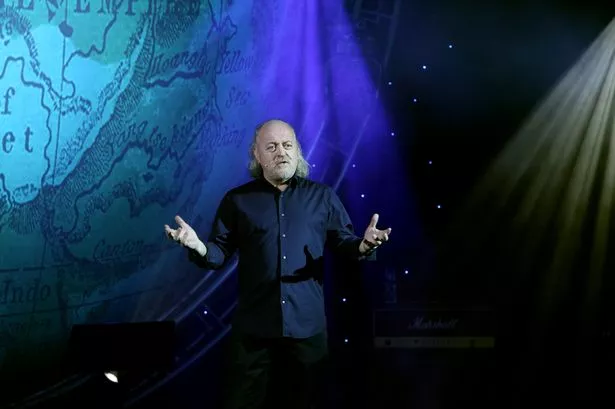Talking about the creative side of making podcast episodes, including some thoughts on how to come up with ideas and how to speak in front of an audience.
[DOWNLOAD]
![]()
Introduction
Today I’m talking all about how I make episodes of this podcast including details about the technical side (all the gear I use and how I use it) and the creative side (how I come up with ideas and make them into episodes).
I’ve also decided to make sure there’s plenty of language content in this one too. Obviously it’s all English – these are all words, you know.
But what I mean is that later I’m going to highlight certain bits of vocabulary that will come up in my descriptions, including;
- vocabulary for talking about technical stuff like recording audio
- some uses of the word “get”, which is one of the most commonly occurring verbs in the English language
- and also just some other fixed expressions and bits of language I think are worth pointing out to you.
As you listen to this, you can watch out for vocabulary and try to predict which bits you think I will be explaining later.
So, even if you’re not completely married to the subject matter of this episode, you can just try to get through the bits about how I make the podcast, try to spot some vocab and then hold on until the end when you’ll hear me going through that language for you which should help you to get your head around it all.
In fact, did you notice that I’ve already used ‘get’ several times. I said ‘try to get through the bits I say about recording equipment [how I make the podcast]’ and also ‘help you get your head around it all’.
To get through something = to finish it, or pass from one end to the other. “I’ve just got to get through this work.” or “I’ve got a lot of emails to get through” or “I know it’s hard when you have depression, but don’t give up, you’ll get through it.”
To get your head around something = to understand it. It’s often used in the negative form. “I just can’t get my head around all this recording equipment.” or “I can’t get my head around this tax return. It’s a nightmare.”
So, watch out for that kind of thing – other uses of ‘get’ and more expressions, I’ll be highlighting and explaining it later.
Let’s get back to the topic of this episode: How I make episodes of Luke’s English Podcast.
Message from Carlos in Barcelona
Just to explain why I’ve chosen to do this episode, here’s a message I got not long ago from a LEPster in Spain.
Hello Luke,
My name is Carlos and I’m a listener of your Podcast. I’m from Barcelona.
First of all, I’d like to congratulate you, your podcast is excellent. It helps me to improve my English and it’s also fun. Hence, I think it’s a way of learning English without realizing that I’m actually studying it.
In addition, I’d like to suggest a topic to be talked in one of your programmes. It would be great if you told us how you record a podcast, like how you prepare it and record it and what software and hardware you use.
Well, it would be fun to know what the podcast is like. Sometimes, I wonder about the insides of it.
I hope you like my suggestion.
Yours sincerely,
J.Carlos Mena
I do get quite a lot of messages like that, from people asking me either about the technical side of the podcast making process – like what kind of gear I use, or the creative side – like, where I get the inspiration for episodes, how I come up with ideas.
I’ve been meaning to do this episode for a while now and so finally I’m glad to have actually got round to doing it at last.
OK, so let’s talk about what goes into the making of episodes of this podcast – the whole process from me starting from scratch to you listening to the podcast and, if I’m doing it correctly, you learning some English and maybe even getting the giggles on a bus somewhere while people give you weird looks, if I have managed to amuse you at all.
Listen to the episode for all the details… the expressions with ‘get’ will be explained later.




















